Since the beginning of the COVID-19 pandemic, scientists have been working to discover the risks and ways to protect our health, including the foods we eat. Read some of their findings in this article.


Since the beginning of the COVID-19 pandemic, scientists have been working to discover the risks and ways to protect our health, including the foods we eat. Read some of their findings in this article.

Read this article to learn about some of the ways our senses can distort our perception.

Researchers have discovered that dogs display body awareness. Read on to learn more about how this brings dogs one step closer to self-awareness.
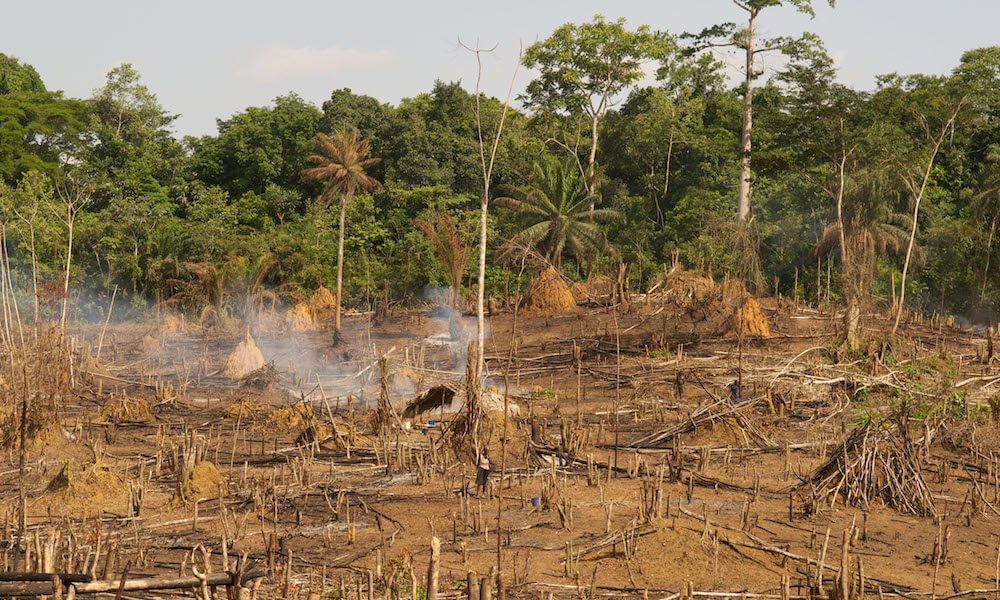
The balance between humans and nature is a precarious one, and for some time nature has been telling us we are doing something wrong. Read about how both human and environmental health is intertwined.

Read about the cutting-edge breakthrough scientists have made in making fear a thing of the past.
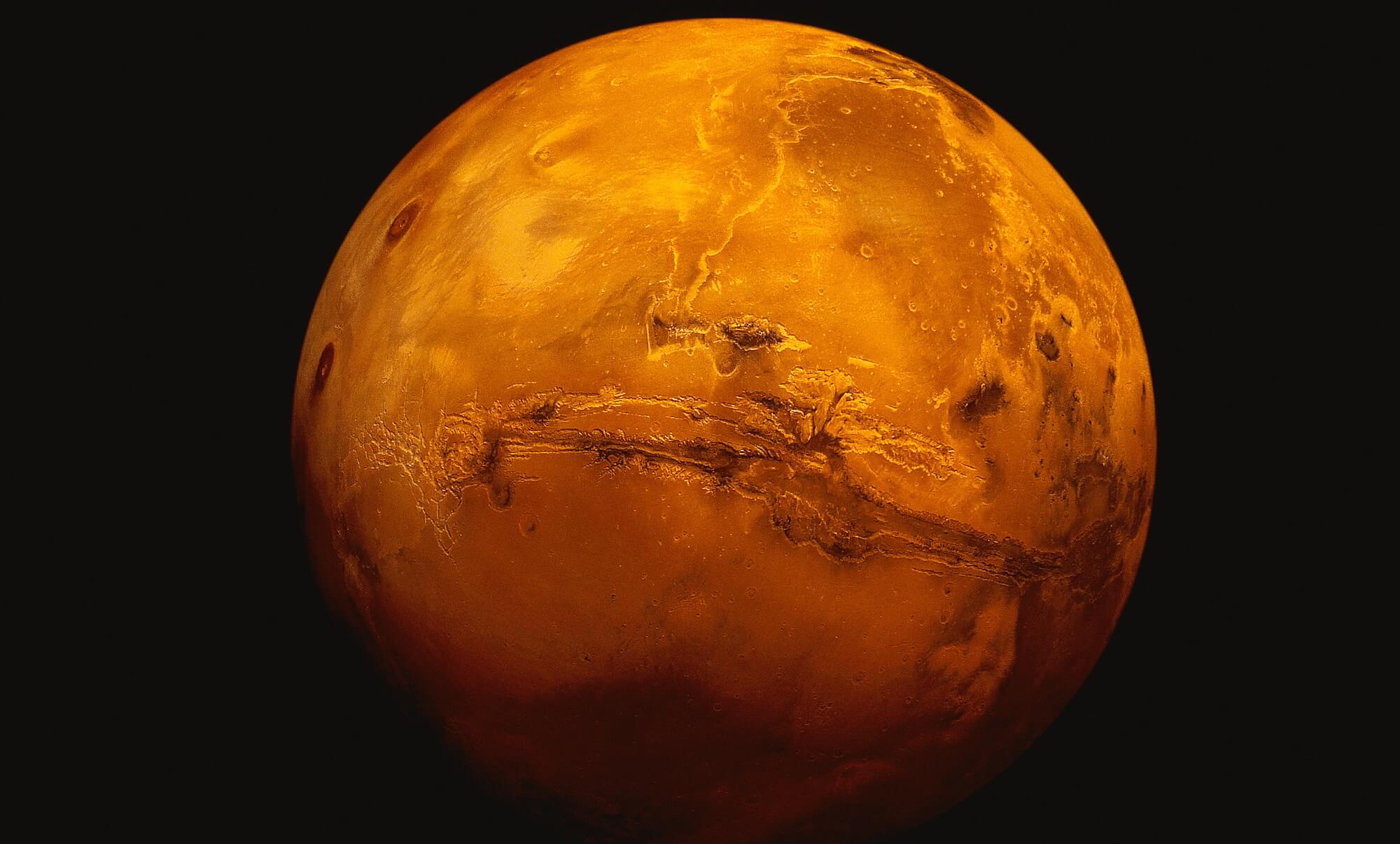
Read about NASA Perseverance’s mission to Mars. Then, explore the images at the end of the article.

Skim through the article to find out how new developments in artificial intelligence can help us venture further into space.

Though Venus flytraps do not have a brain, these carnivorous plants can count to five, differentiate between raindrops and prey, and store short-term memories.
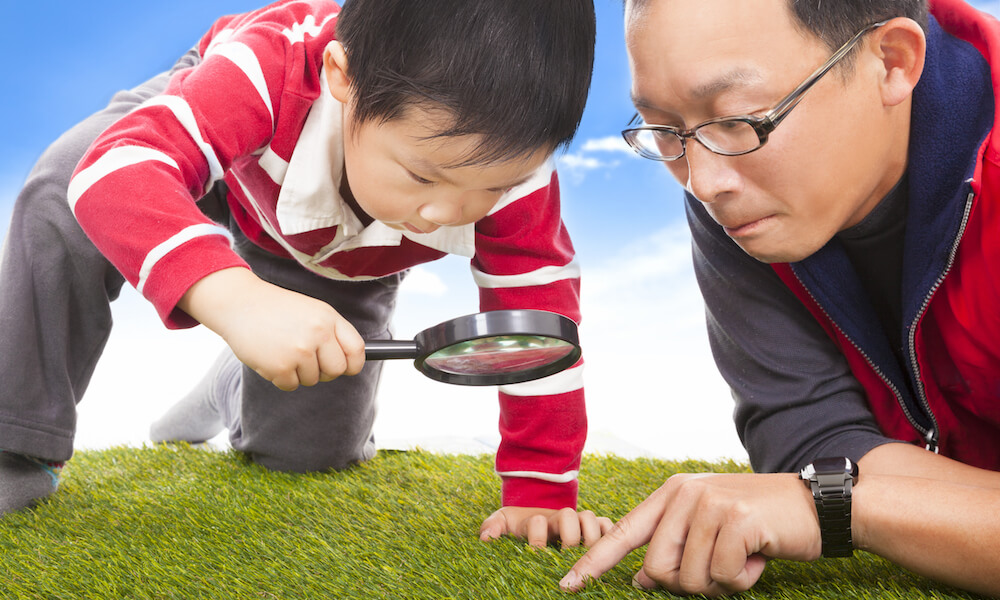
What is citizen science? How can you advance scientific research while exploring your backyard or city? Read on to learn the answer to these questions and more.
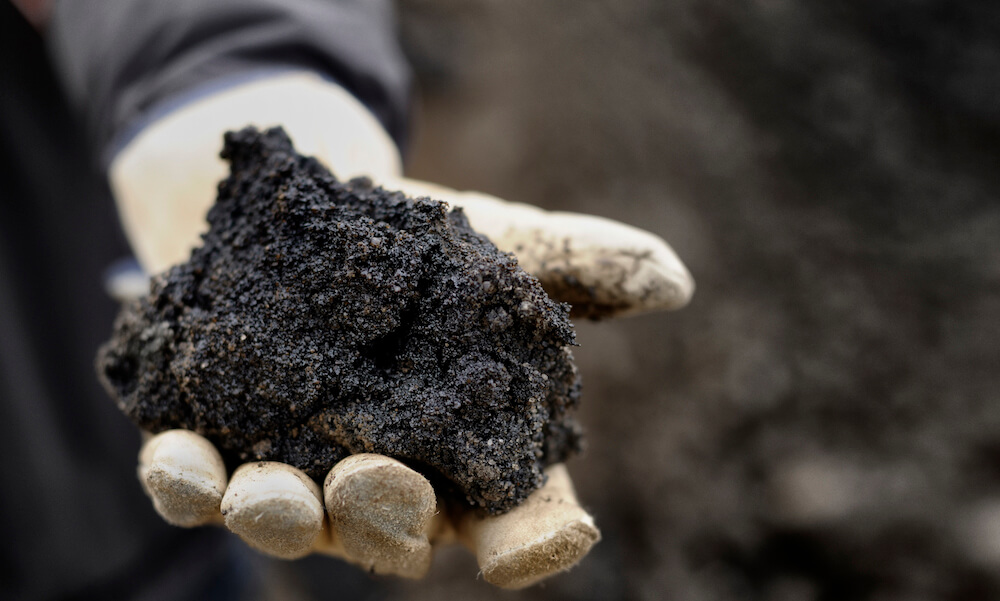
Through a series of experiments, scientists have determined that farming on Mars is more science fiction than science without significant alterations to Martian soil.

Learn about the educational path that led to the successful development of a desperately needed vaccine.
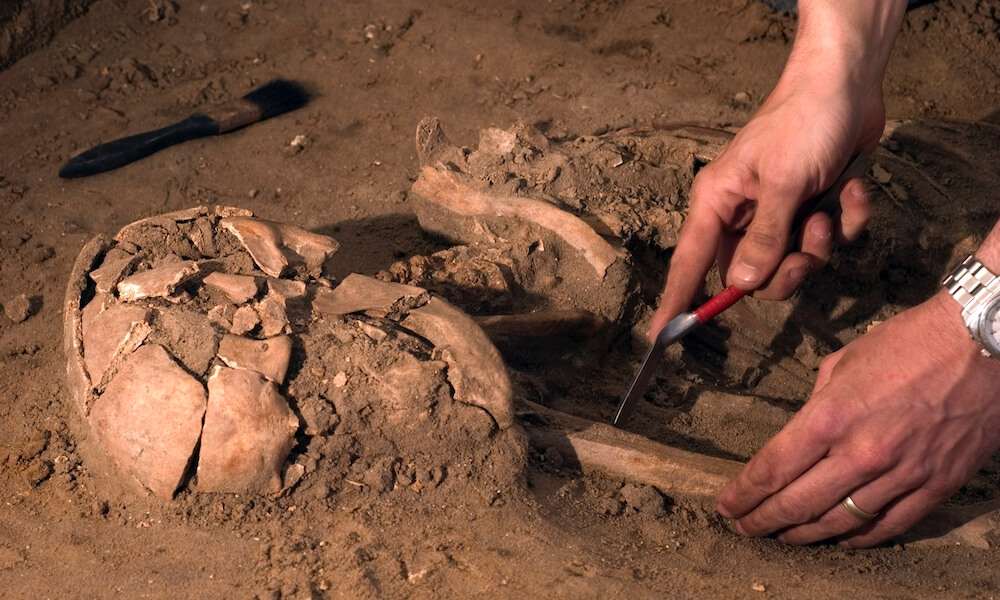
Fugitive African slaves seeking freedom in early America found refuge at St. Augustine. Granted freedom by the Spanish, these skilled laborers eventually established the first legal free black town in the present-day United States.

Check out this link to try out some cool interactive perception tests that demonstrate how our sense of time can be distorted.
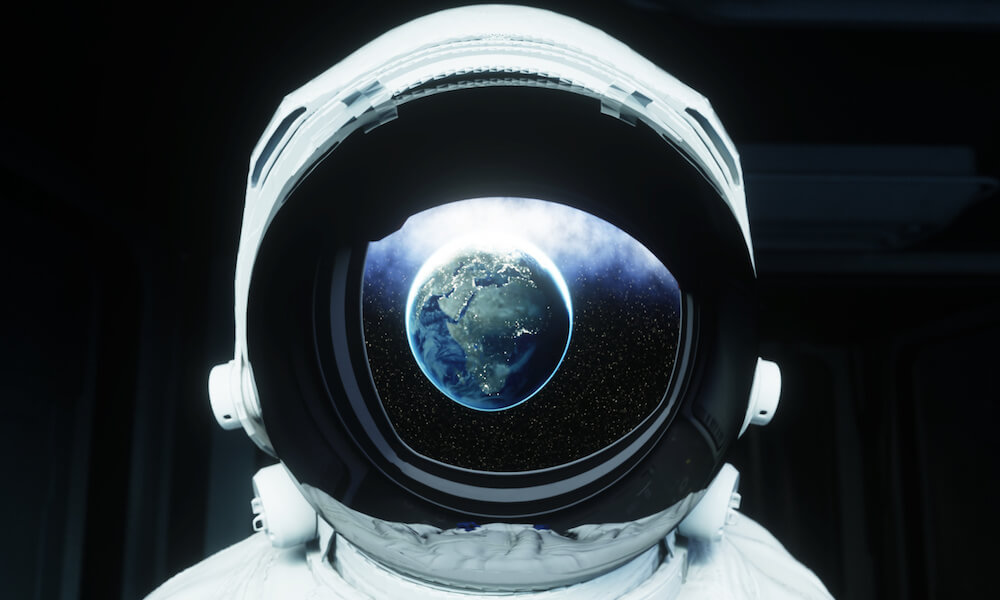
Just like the California Gold Rush spurred people to flock to California in search of a fortune, Sailesh Ramakrishnan predicts that companies and investors will make a mad dash to the space sector.

What would you do if faced with the opportunity to email a tree? Would you write fan mail and love letters? For many Melburnian citizens, the answer is yes!
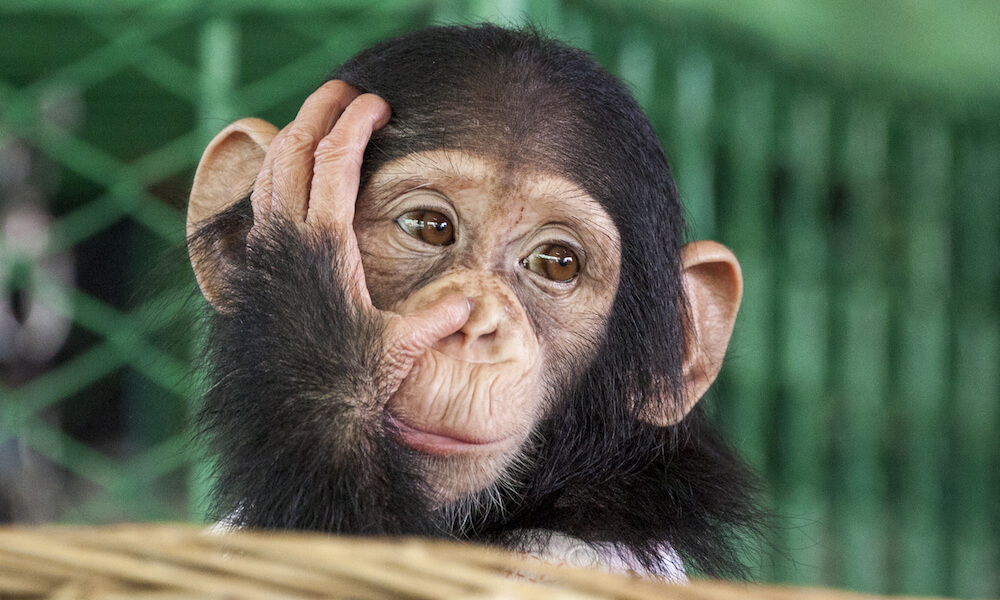
Measuring intelligence in animals is tricky business when every animal processes information differently. Read the article and click through the slideshow to learn how different species show their smarts.

Juliane Koepcke recounts surviving a plane crash and eleven days alone in the Peruvian jungle decades earlier.

Is the curse surrounding King Tut’s tomb real? Some people think so— read about why.

As more and more people live in urban areas and have limited exposure to the outdoors, more people are becoming afraid of nature. Read this article to find out about the dangers of nature phobias on people and the planet.

How do we know what is real? This article includes some striking visual illusions and explains how they serve as a good reminder that our perception of reality is not always accurate.